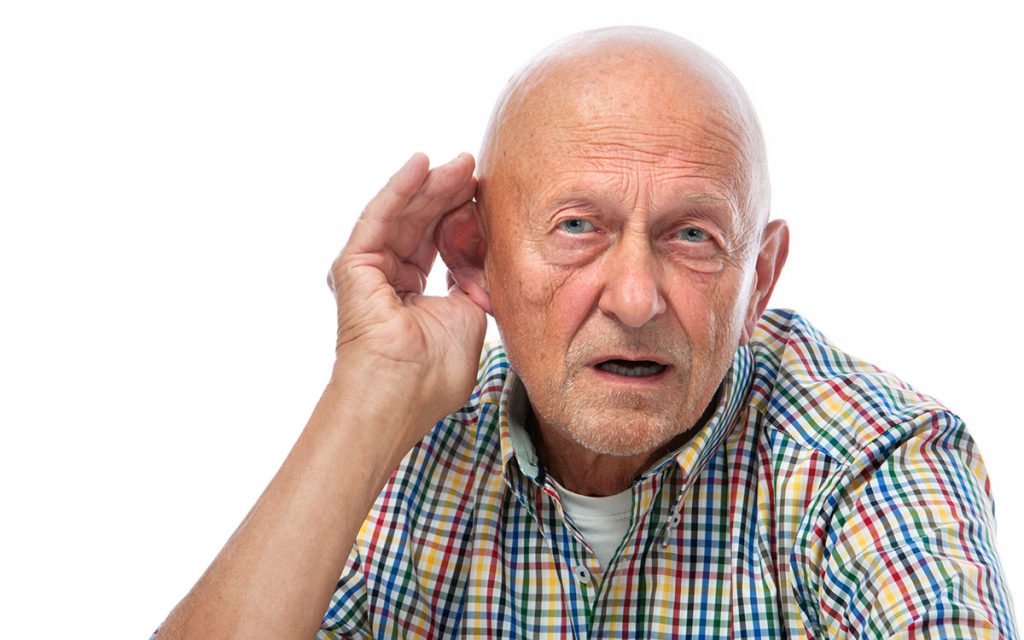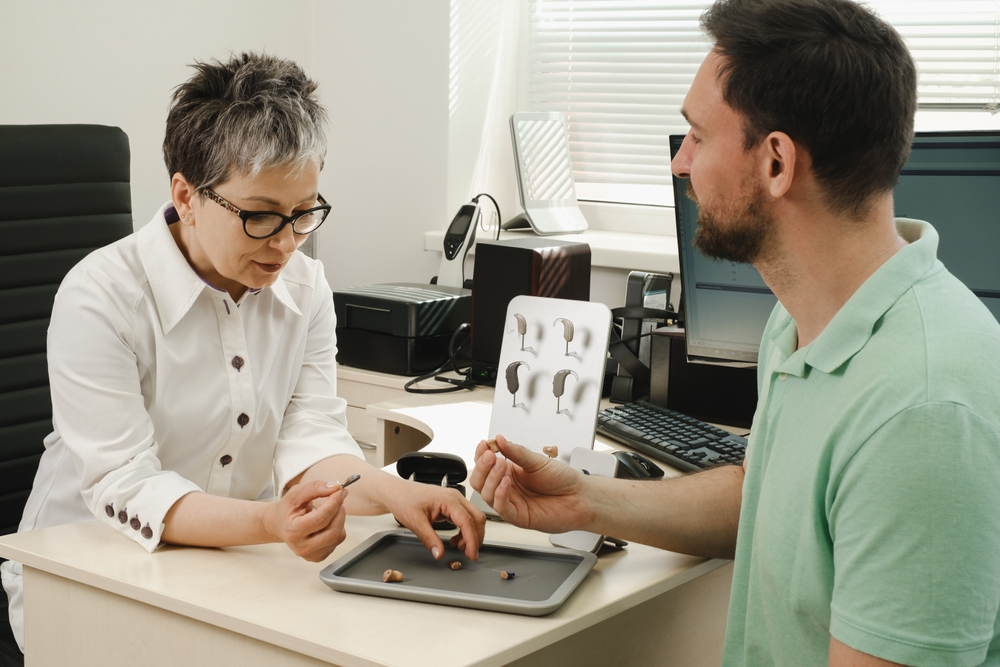Hearing loss is an extremely common health condition among the elderly. According to some studies, one in three individuals between the ages of 65 and 74 has confirmed hearing loss. In people over 75, that number increases to one in two–so, half of everyone over 75 has hearing loss.
That’s a lot of people. That’s why a study published in the journal, Clinical Interventions in Aging is getting a lot of attention. According to this study, there’s a fair amount of evidence to suggest that hearing loss may lead to some relatively serious health concerns for some elderly individuals.
Does hearing loss cause health issues?
The cause and effect relationship between hearing loss and these other health concerns often isn’t clear. That’s why the researchers in this particular study use the term “comorbid,” a rather fancy word that simply means two or more conditions tend to exist at the same time. Hearing loss and depression, for example, are often observed to be comorbid conditions.
But we don’t have enough information, scholarship, or research to suggest that hearing loss causes depression or vice versa.
Common health issues associated with hearing loss in the elderly
Over the years, various studies have examined the link between specific ailments and hearing loss. The research published in Clinical Interventions and Aging seemed to indicate that there are definite mental health symptoms that tend to exist comorbidly with hearing loss, especially in the elderly. Some of those issues include:
- Anxiety: Closely associated with depression, anxiety is another mental health issue that seems to crop up often in elderly individuals with hearing loss.
- Decline in cognitive function: As you age, your cognitive functions are going to naturally decline, but hearing loss seems to be associated with a sharper than normal decline.
- Depression: Not everyone who has hearing loss is going to develop depression. But some studies have put the number of people with hearing loss who do develop depression as high as 1 in 5.
In essence, untreated hearing loss can have some profound (and often negative) effects on your long-term mental health. Hearing specialists have suspected this for some time, and now the research seems to be confirming those hunches.
A pound of prevention
If you find yourself entering your golden years and you’re worried about hearing loss and cognitive decline, you might be wondering what you can do to prevent one or the other (or both). The most current research suggests that treating any existing hearing loss can generate significant improvements in your mental health.
That means going in for regular hearing screenings and wearing an appropriate hearing aid. The better you hear, the more you can slow any cognitive decline and ward off depression.
There is a myriad of reasons why that might be, but most theories center around how hearing loss can isolate you from other people. The more isolated you become–the more you withdraw from family and friends or avoid the things you love doing in life–the easier it becomes for depression or anxiety to settle in.
Treating your hearing loss will:
- Minimize ear strain, which can cause long-term cognitive fatigue.
- Help keep you stay independent.
- Make it easier to socialize.
- Slow any deterioration to your current hearing ability.
- Keep you connected to your friends and family.
Stay young – At any age
If you’re young, you might think that your golden years are far off, that you don’t have to worry about any of this yet. But the more you do to protect your hearing today, the better off ears will be tomorrow.
Likewise, if you’re well within your golden years, it’s important to make sure you’re doing what you can to address any hearing loss symptoms you may be having. Make sure you’re wearing your hearing aids (no forgetting!) and checking in with your hearing specialist regularly.
Untreated hearing loss may be dangerous to some elderly individuals, it’s true. But there’s no reason that any hearing loss has to stay untreated.



